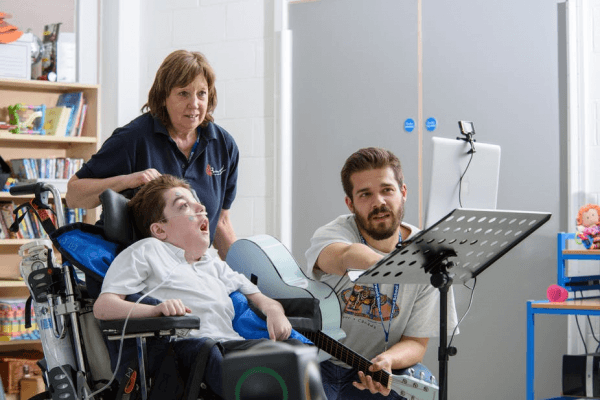What does one do when they feel their home turning against them?

SmugOne graffiti, Bristol. duncan c/Flickr. (CC 2.0 by-nc)
“It’s good to be back home” said one of my friends after we had come back from a two-week holiday abroad. I looked at her not knowing how to respond and just smiled reluctantly. Before Brexit I would have said it too without hesitation, having lived in the UK for over ten years. But I could not share my friend’s excitement. It was three months after the vote.
A couple of days earlier, a Polish man had been killed in, what was believed to be, a hate crime attack. I found out about it from my parents who called me from Poland to check how I was doing and to ask if Bristol was a safe place for me to live. It was the first time they asked me this question since I moved to the UK in 2005. I couldn’t help but feel worried and upset upon my return rather than relieved and happy as my British friends did. Unfortunately, for me it was not so good to be back at not so home anymore.
Brexit questioned my feeling of belonging to British society. I started having doubts if British people had ever accepted me and other EU citizens. Not everyone voted to leave. And of course, not everyone who voted leave is racist or xenophobic. The hate crimes, even though rapidly increased following the EU referendum, are still relatively low in numbers. However, this is not to say that they are insignificant. The death of the Polish migrant was not an isolated incident. Continue reading →
 Introducing a new learning resource for creating inclusive care home environments for older LGBT+ residents.
Introducing a new learning resource for creating inclusive care home environments for older LGBT+ residents.


